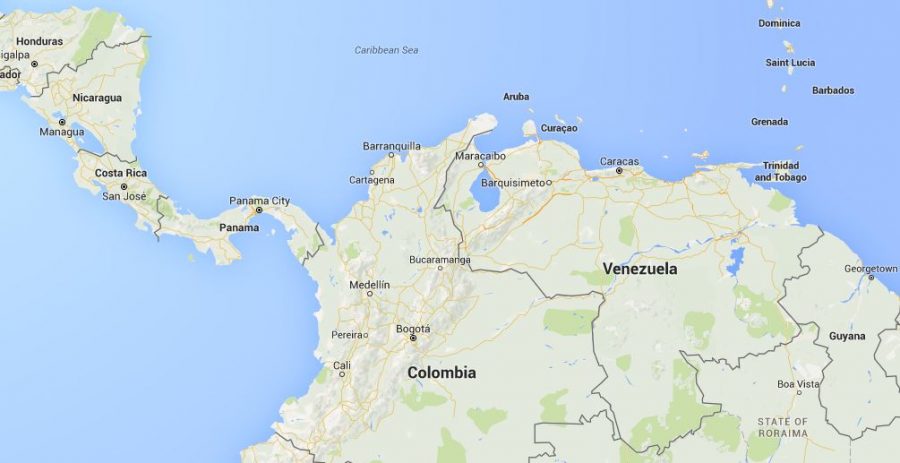The difficult political situation in Venezuela has resulted in economic woes that have left some of the 57 Venezuelan students at Lindenwood University with no way to pay for their schooling, a Legacy investigation found.
Cencoex, the government agency that regulates Venezuela’s currency exchanges, has put restrictions on how Venezuelans can access their own funds while outside the country. So Venezuelan students cannot spend their money unless the government approves.
When it comes time to pay tuition, schools must send a notarized letter providing the student’s tuition costs to the Venezuelan Consulate so it can approve the exchange to dollars from bolivars, the Venezuelan currency.
Former Lindenwood students Maria Andreina Ruiz said through an interview on Skype that she had to drop her education at Lindenwood until the situation in Venezuela calms down.
She said at first, Cencoex wouldn’t approve her major, special education, and by the time she got it approved, it was already too late for her to pay.
“The government has a list of majors they consider the country needs,” she said. “And if not, you won’t get supported.”
Ruiz said Venezuela is more dangerous every day. There are not enough goods for everybody, and they currently have a minimum wage of what in the U.S. would be $20 a month, she said. The country has declared Tuesday, Thursday and Friday off for public institutions to save energy.
The economy and the deteriorating value of the bolivar can make the cost of education in the U.S. 1,000 times more expensive, students said. Venezuela’s largest denomination note of 100 bolivars is now worth 10 cents.
Lindenwood senior Daniela Garmendia said in Venezuela there are no exchange offices where you can change your money freely to dollars. Tourists are the only ones who can change dollars or euros to bolivars, she said.
Some students have had to resort to the black market — any sale or acquisition of foreign currency that is not handled by the government. It is illegal but has become a thriving business, students said.
Junior Sarah Fagundez said she has been waiting for an answer to a money request she made in 2014. Until her case is decided, she can’t make another request for funds.
Fagundez said Lindenwood is aware of the situation and knows the payments won’t be on time.
“They won’t cut our classes or meal plans, however, we cannot see our grades, get transcripts or enroll in classes,” she said. “You are basically frozen.”
Jeff Harris, associate director of the Office of International Students and Scholars, said Lindenwood is aware of the difficult situation in Venezuela and its unstable currency exchange rate.
“We have a couple of recruiters down there who are helping with the students, and they kind of keep us up to date with what those fluctuations are,” Harris said.
Lindenwood tries to offer assistance to the students, he said.
“We do provide a lot of additional supporting documents for students that seem to change every semester, but the business office has been very helpful providing those additional documents the students are requesting,” said Harris.
According to the Institute of International Education, in the 2014-15 academic year, almost 8,000 students from Venezuela were studying in the U.S., up 12.4 percent from the previous year.
But Lindenwood’s enrollment of Venezuelan students went down this year for the first time in five years.
Senior Julio Prato said he has always paid with the exchange rate of Cencoex, however, since they stopped responding in 2015, he has been paying with dollars his family had saved.
“You are never sure with Cencoex, but you still try because the price is incomparable with the black market,” he said. “They don’t want people to have dollars; it is a strategy for people not to leave.”













